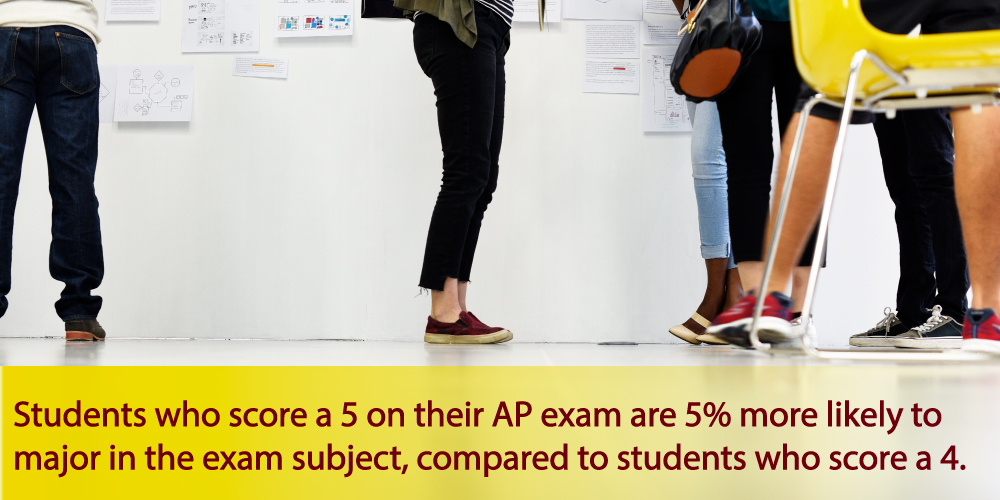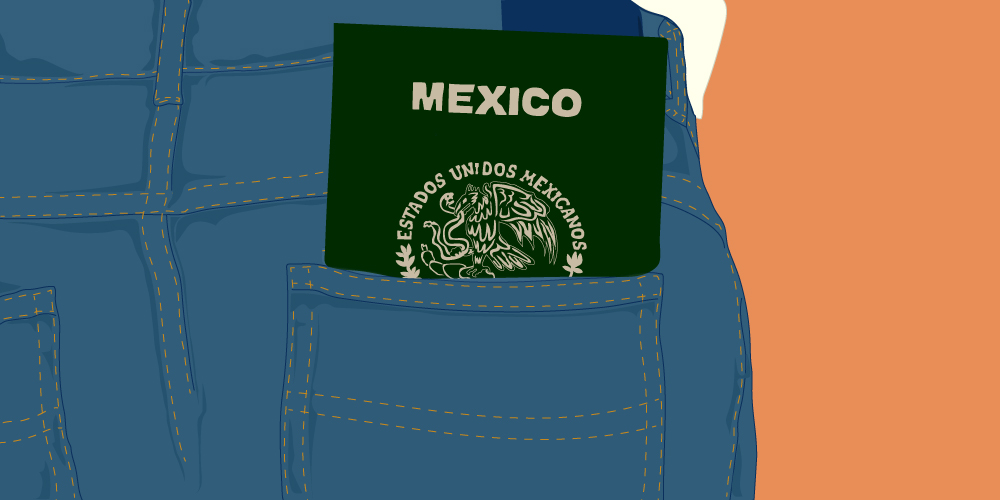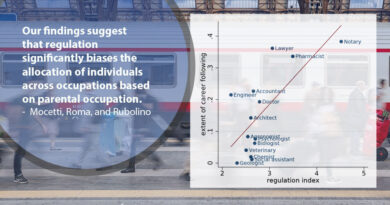H-1B Visas and the Career Choices of U.S. International Students
Proponents of more open immigration policy often cite the ability of immigrants to address shortages of workers in specific fields, so it is important that we understand the role of policy in shaping international students’ career choices. In a recent study, Catalina Amuedo-Dorantes and Delia Furtado used several years of data from the National Survey of College Graduates to examine how students responded to a major change in the relative availability of post-graduation H-1B work visas in certain fields.
The H-1B visa allows U.S. employers to temporarily hire foreign-born workers in high-skill occupations, but there is a cap on the number of these visas available each year. In 2004, the cap on the number of H-1B visas became binding for the first time and has remained binding since. Academic institutions, however, are exempt from the cap. In addition, workers from some countries (Canada, Mexico, Chile, Singapore, and Australia) can obtain other work visas without binding caps. The researchers wondered whether immigrants from countries without H-1B substitute visas are more likely to work in academic institutions if they graduated after 2004, relative to those from countries with H-1B substitutes.
The data showed that the binding cap on H-1B visas raises these students’ propensity to hold jobs in academia, even outside their field of study—a result suggesting these international students are “settling for academia.” This response appears driven by students with a B.A. or professional degree, as well as by those with STEM degrees.
Overall, these findings suggest that immigrants do respond to changes in U.S. visa policy, not just by changing their migration decisions, but also their career choices. According to the authors, “While encouraging more people to pursue research careers may not be a bad policy objective, these types of policies in general can have unintentionally large impacts on the labor markets of specific industries. Are the native-born crowded out of these industries as a result? Do the foreign-born make everyone in the industry more productive? These questions are worth examining in future research.”
Read the full study in the Journal of Human Resources: “Settling for Academia? H-1B Visas and the Career Choices of International Students in the United States,” by Catalina Amuedo-Dorantes and Delia Furtado.
***
Catalina Amuedo-Dorantes (@CatalinaAmuedo) is a professor of economics at San Diego State University. Delia Furtado (@FurtadoDelia) is an associate professor of economics at the University of Connecticut.




